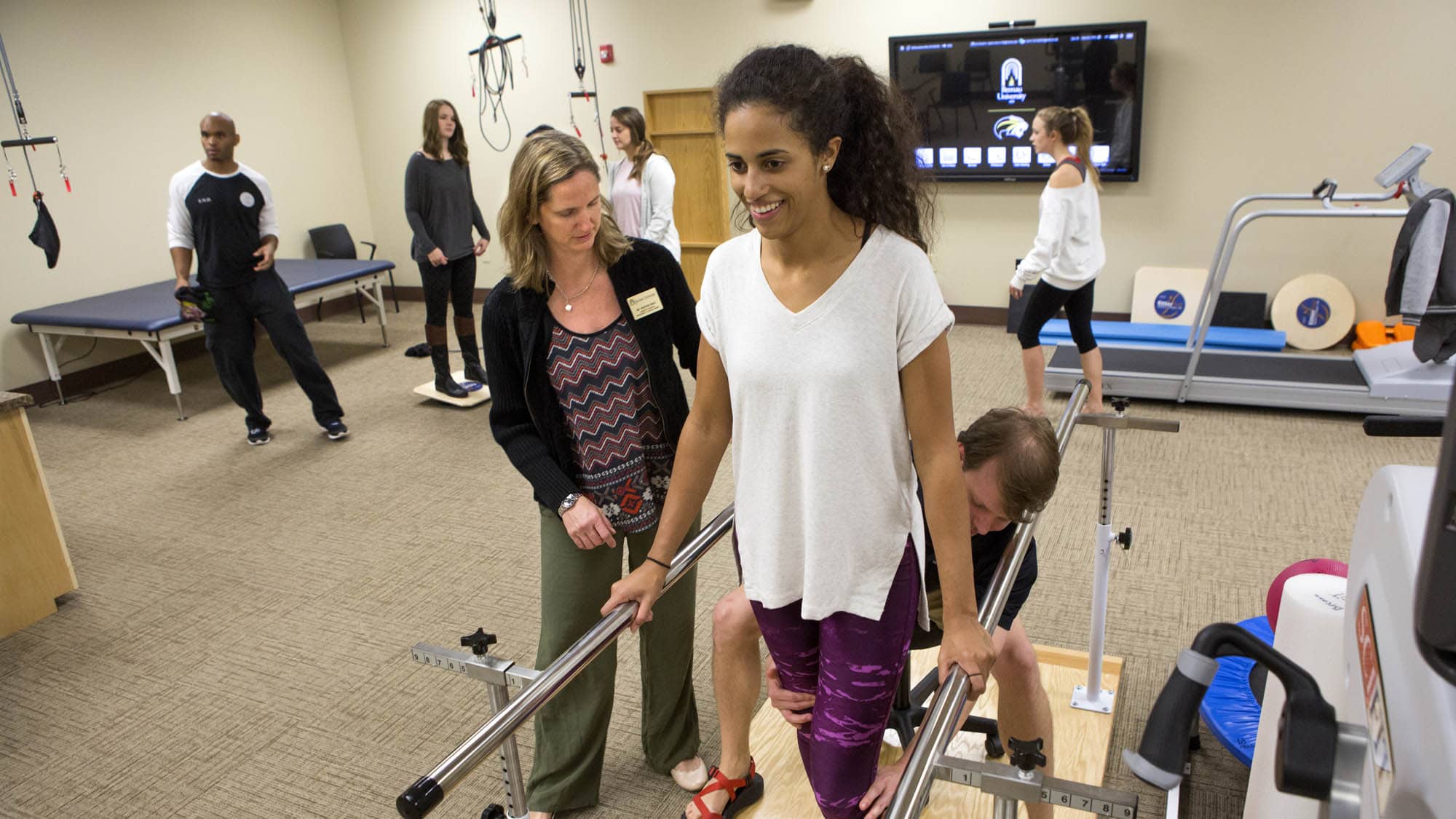Enhancing Rehabilitation Results Through Effective Practical Movement Assessment Guidelines
Enhancing Rehabilitation Results Through Effective Practical Movement Assessment Guidelines
Blog Article
Operational Movement Screening (FMS) is a valuable instrument used to evaluate an individual's mobility patterns. This assessment aids identify any deficiencies or imbalances in the musculoskeletal system, which can lead to harm if not addressed. In rehabilitation contexts, FMS can serve a crucial role in enhancing recovery outcomes. By comprehending how each person navigates, healthcare providers can design focused rehabilitation plans that focus on enhancing strength, flexibility, and general function.
One of the main benefits of using FMS in recovery is its ability to identify particular aspects that need improvement. For example, if a patient has difficulty with squatting or lunge movements, it may indicate a lack of flexibility in their hips or ankle joints. This information allows therapists to create customized exercise programs that emphasize addressing these shortcomings. As a consequence, patients are more likely to regain their power and functionality, which is essential for returning to daily tasks or sports.
Incorporating effective FMS procedures can also assist prevent future harm. Many injuries occur due to inefficient movement patterns or overuse of specific muscular groups. By evaluating individuals before they start a recovery program, therapists can detect risks and a fantastic read establish approaches to reduce them. Informing patients about appropriate movement patterns and strengthening underdeveloped aspects can lead to long-term advantages, promoting that they remain engaged and fit.
Additionally, the use of FMS can enhance dialogue between healthcare providers and clients. When clients see their movement mechanics assessed and clarified, they gain a clearer understanding of their rehabilitation process. This transparency fosters confidence and encourages patients to take an active part in their recovery. By involving patients in their recovery journey, they are more likely to adhere to prescribed activities and behavioral changes that support better outcomes.
In summary, enhancing recovery results through effective functional mobility assessment protocols is essential for both clients and healthcare professionals. By accurately evaluating you can look here mobility patterns, therapists can create tailored rehabilitation plans that address individual requirements. This not only facilitates in recovery but also assists avoid future harm. As patients become more engaged in their recovery journey, they are likely to achieve their objectives and maintain a fit, engaged lifestyle.